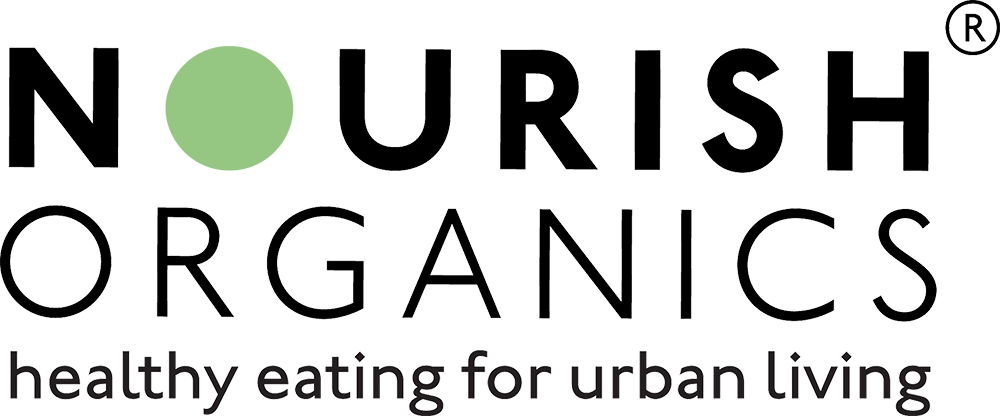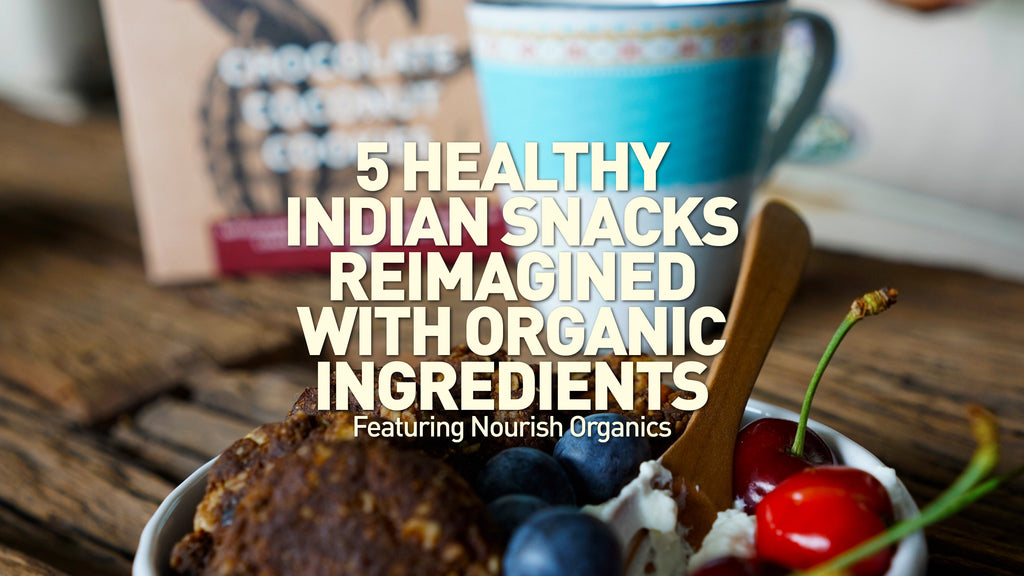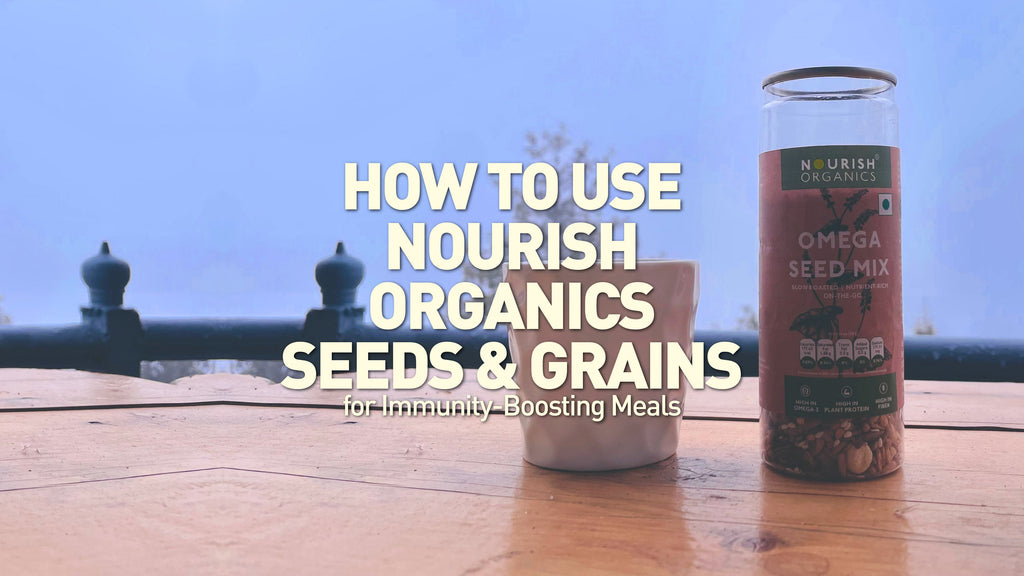
The Importance of Organic Eating: Benefits for You and the Planet

Organic eating is more than just a trend; it’s a lifestyle choice that offers significant benefits for both personal health and the environment. Embracing organic foods can lead to better nutrition, fewer health risks, and a reduced ecological footprint. This blog post explores the various advantages of organic eating and how you can incorporate more organic products into your diet, featuring Nourish Organics' Almond Buckwheat Cookies as a delicious example.
Health Benefits of Organic Eating
- Fewer Pesticides and Chemicals
- Organic foods are grown without synthetic pesticides, herbicides, or fertilizers. Consuming organic products reduces your exposure to these potentially harmful chemicals, which can be linked to various health issues, including hormonal imbalances and increased cancer risk.
- Better Nutrition
- Studies have shown that organic foods often contain higher levels of essential nutrients, such as vitamins, minerals, and antioxidants. These nutrients are vital for maintaining good health and preventing chronic diseases.
- No Genetically Modified Organisms (GMOs)
- Organic foods are free from GMOs, which are often modified for pest resistance and increased yield but may pose unknown long-term health risks. Choosing organic helps avoid these modified organisms.
- Better Taste
- Many people find that organic foods have a more authentic and richer taste. This is often due to the farming practices that focus on soil health and plant nutrition.
Environmental Benefits of Organic Eating
- Reduced Pollution
- Organic farming practices reduce the pollution of water, soil, and air by avoiding the use of harmful synthetic chemicals. This helps preserve biodiversity and maintain healthy ecosystems.
- Soil Health
- Organic farming emphasizes crop rotation, composting, and natural fertilizers, which improve soil health and fertility. Healthy soil is essential for sustainable agriculture and food security.
- Conservation of Water
- Organic farming often uses more sustainable water management practices, such as drip irrigation and mulching, which help conserve water resources.
- Climate Change Mitigation
- By avoiding synthetic fertilizers and promoting carbon sequestration in soil, organic farming can help reduce greenhouse gas emissions, thus playing a role in combating climate change.
Incorporating Organic Foods into Your Diet
- Start with Staples
- Begin by switching to organic versions of staple foods such as fruits, vegetables, grains, and dairy. These items are often the most heavily treated with pesticides when grown conventionally.
- Read Labels
- Look for certified organic labels when shopping. This ensures that the product meets organic farming standards and is free from synthetic chemicals and GMOs.
- Grow Your Own
- If you have space, consider starting a small organic garden. Growing your own vegetables and herbs can be a rewarding way to ensure your food is organic and fresh.
- Choose Organic Snacks
- Opt for organic snacks to maintain your organic eating habits throughout the day. Nourish Organics' Almond Buckwheat Cookies are an excellent choice, combining the benefits of organic ingredients with delicious taste.
Enjoying Nourish Organics' Almond Buckwheat Cookies
Nourish Organics' Almond Buckwheat Cookies are a delightful way to incorporate more organic foods into your diet. Made with organic almonds and buckwheat, these cookies are not only tasty but also packed with nutrients. Here are some ways to enjoy them:
- On-the-Go Snack
- Keep a pack of Almond Buckwheat Cookies in your bag for a convenient and healthy snack option during busy days.
- With Breakfast
- Pair these cookies with your morning coffee or tea for a satisfying start to your day.
- Post-Workout Treat
- Enjoy a cookie after your workout to replenish your energy with wholesome ingredients.














